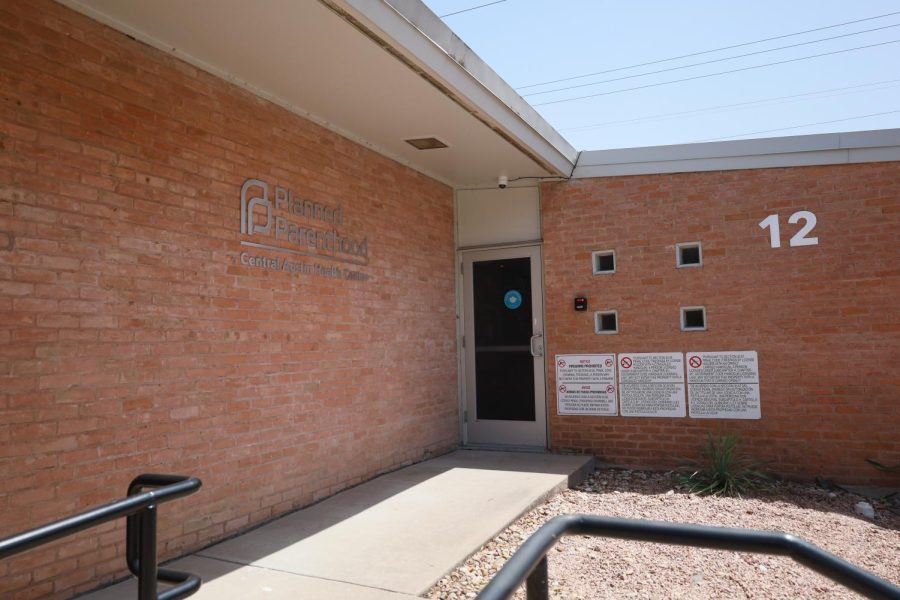Texas Planned Parenthood sees increase in contraceptive, reproductive healthcare demand following abortion ban
July 21, 2022
Editor’s note: This article first appeared in the July 19, 2022 flip book.
While Planned Parenthood clinics are now unable to provide abortions, their ability to provide other reproductive healthcare services is more important than ever, said Sarah Wheat, chief external affairs officer for Planned Parenthood of Greater Texas.
Earlier this month, the Texas Supreme Court ruled that the state can enforce a 1925 law that bans abortion until the 2021 trigger law goes into effect. Since the ruling, Planned Parenthood has not been able to provide abortion care. However, demand for the other reproductive healthcare services they provide has increased, Wheat said.
“We’ve seen a real increase in patients reaching out to either update their birth control method or (express) interest in IUD or an implant — longer-term birth control methods,” Wheat said.
Wheat said Austin’s four Planned Parenthood clinics are able to provide all birth control options and methods. Their other services include screening and treatment for sexually transmitted infections, HIV tests and medication for HIV prevention, urinary tract infection treatment, cervical and breast cancer screenings, gender-affirming hormone therapy and pelvic exams. Wheat said since Texas’ abortion ban is severe, the services Planned Parenthood provides are essential.
“(For) anybody who’s trying to prevent unintended pregnancy, we really want to be here and be a resource,” Wheat said. “Every patient who comes to our health centers right now is offered a kit to take home that includes emergency contraception.”
Sofia Feltwell is president of Students 4 Planned Parenthood, a UT student organization that works to educate its members and the community on reproductive health and advocate for reproductive rights. Feltwell said they believe the reproductive services Planned Parenthood provides are essential, especially for college students.
“For college-age students, especially, we’re trying to figure out where we want our life to go and what we want that to look like,” psychology senior Feltwell said. “Having a choice in reproductive health care is essential to be able to direct our own future and have our own self-determination, whatever that looks like for each individual student.”
Austin Planned Parenthood clinics serve many college students, Wheat said. It is important for college students, who may have recently moved to Austin, to continue to receive the reproductive healthcare they were receiving at home, Wheat said.
“Some providers bring a lot of stigma and maybe judgment into providing that care,” Wheat said. “At Planned Parenthood, (it’s) really important to us (that) everybody feels safe, everybody feels welcome,” Wheat said.
Since abortion was banned, Wheat said she saw an increase in misinformation about the procedure, as well as contraception.
Anna Chatillon is a postdoctoral fellow with the Texas Policy Evaluation Project, which researches the impact of Texas legislation on abortion and contraception. She said access to reproductive healthcare is a crucial component of people’s reproductive self-determination and recommends the websites health.gov, PlannedParenthood.org and Bedsider.org for finding reliable information.
“Reputable websites and organizations will not emphasize any contraceptive option or pregnancy outcome over another, recognizing instead that each person will be best able to make those decisions for themselves,” Chatillon said.















